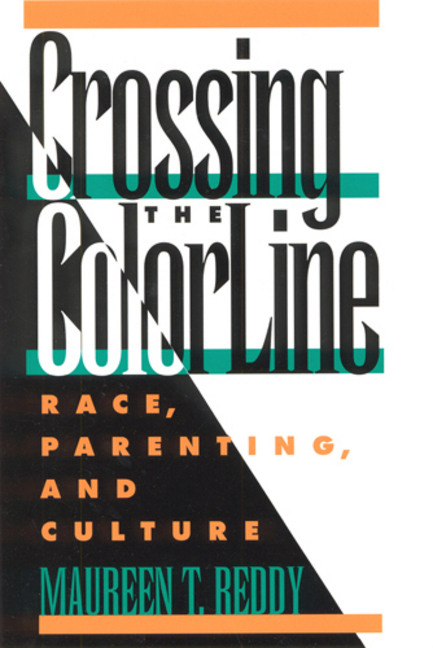Parenting, Family Processes, Relationships, and Parental Support in Multiracial and Multiethnic Families: An Exploratory Study of Youth Perceptions
Family Relations: Interdisciplinary Journal of Applied Family Studies
Volume 62, Issue 1 (February 2013) (Special Issue on Multiethnic Families)
pages 125–139
DOI: 10.1111/j.1741-3729.2012.00751.x
Elma I. Lorenzo-Blanco
Departments of Psychology and Women’s Studies
University of Michigan, Ann Arbor
Cristina B. Bares, Assistant Professor of Social Work
Virginia Commonwealth University
Jorge Delva, Professor of Social Work
University of Michigan, Ann Arbor
Mixed-race or multiethnic youth are at risk for mental and physical health problems. We used data from the National Longitudinal Study of Youth 1997 to compare family characteristics of adolescents of a mixed-race or multiethnic background with those of a monoracial or monoethnic background. Mixed-race or multiethnic youth reported feeling less supported by parents and reported less satisfactory parent-adolescent relationships. Mixed-race/multiethnic youth were more like monoracial White youth in terms of being independent but were more like racial or ethnic minorities (African Americans, Hispanics) in regard to family activities. Reasons for these findings are explored. We discuss the need for future research on the experiences of mixed-race/multiethnic youth.
A growing number of people in the United States are born into interracial, multiethnic, or mixed-race families. From 2000 to 2009, the number of self-identified mixed-race individuals increased by 32% (from 6,826,222 to 9,009,073; U.S. Census Bureau, 2010). This mixed-race, multiethnic population appears to be young, as over 50% reported being under the age of 24 (U.S. Census Bureau, 2010). As the number of mixed-race or multiethnic (MR/ME) children in the United States continues to grow, it is important to understand their development. Furthermore, nascent research with MR/ME youth indicates that these youth are at higher risk for mental, physical, and behavior problems compared to monoracial and monoethnic youth (e.g., Bolland et al., 2007; Udry, Li, & Hendrickson-Smith, 2003). Research with these youth has not examined the relationships these youth have with their parents and families, factors that may be associated with their apparently higher risk. Building on prior work (Bolland et al., 2007; Udry et al., 2003), we examined perceived parenting and family-related variables associated with youth well-being. Specifically, the present study examined how parenting (e.g., parental control, monitoring, and supportiveness) and family experience (e.g., eating dinner as a family, attending family events, parent-youth relationships, advice seeking from parents) perceptions of MR/ME youth differed from those of monoracial youth (i.e., Black, Hispanic, White, and other).
Read the entire article here.

